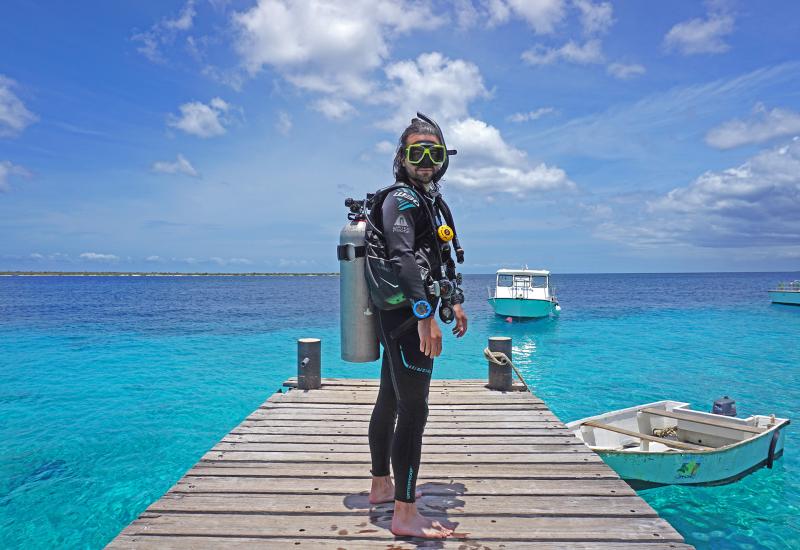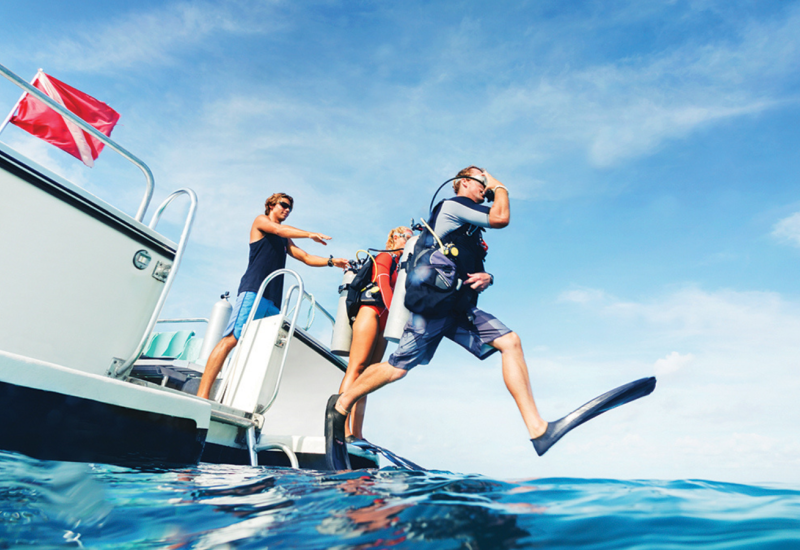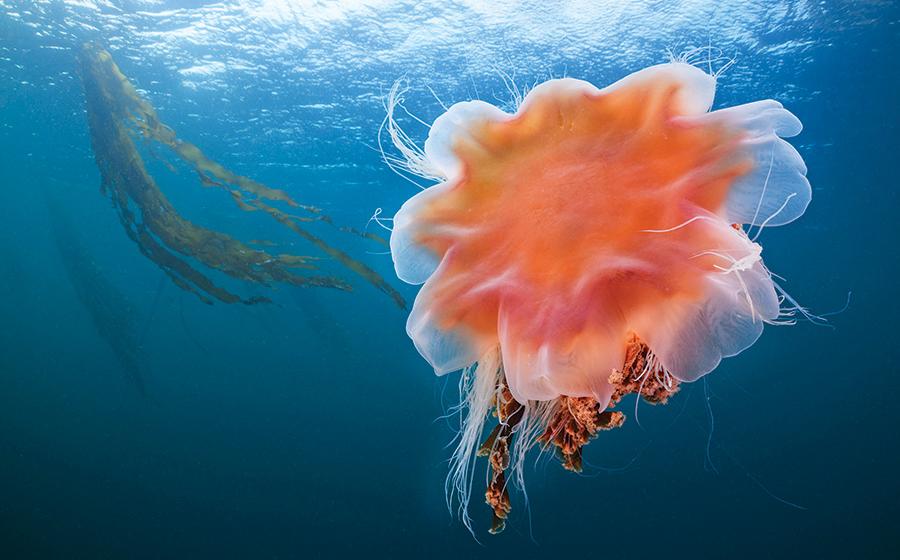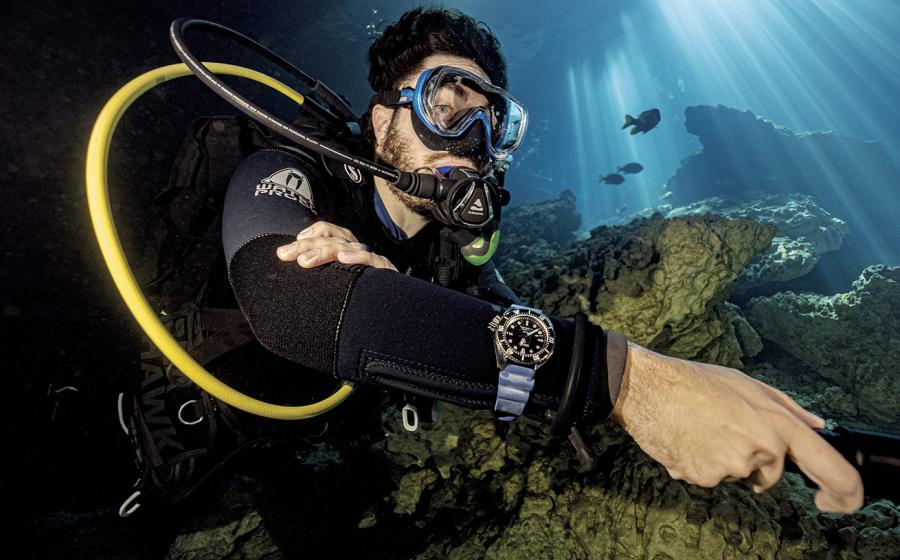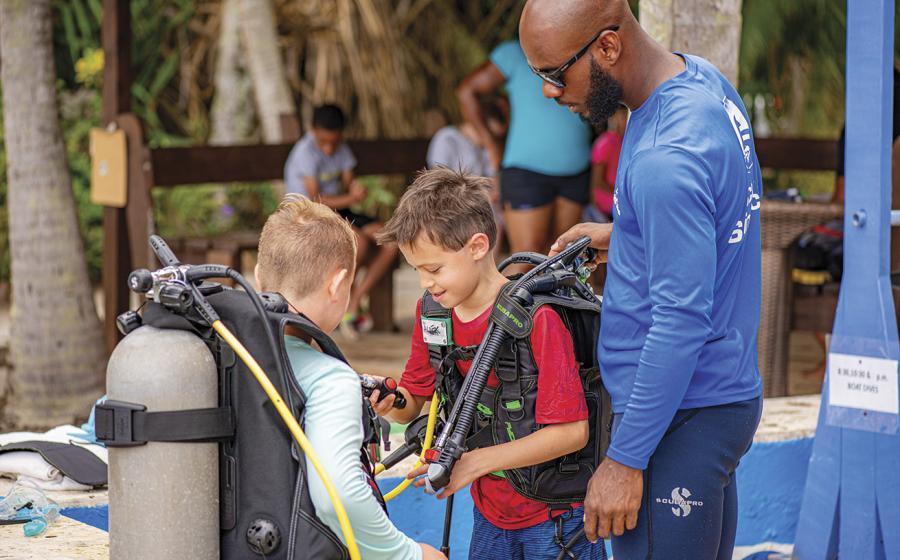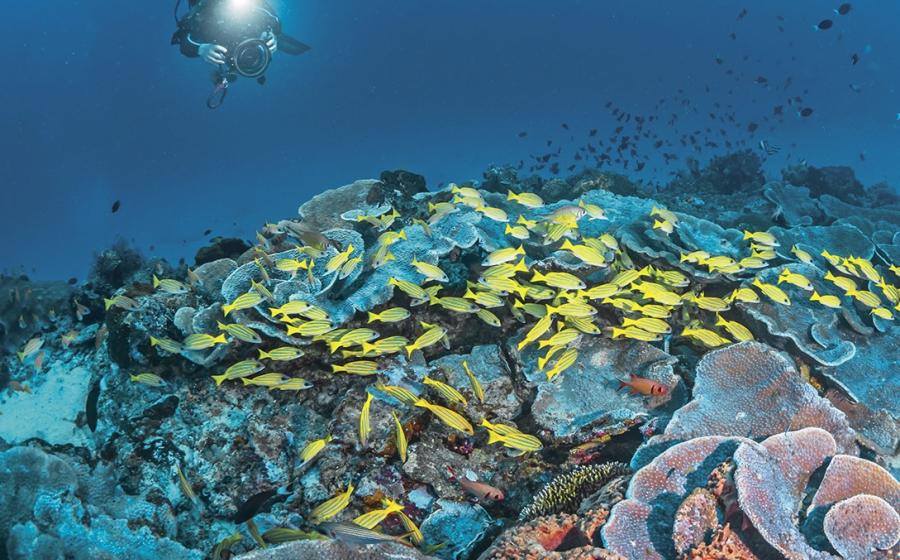Scuba Diving Self-Rescue, Dive Training
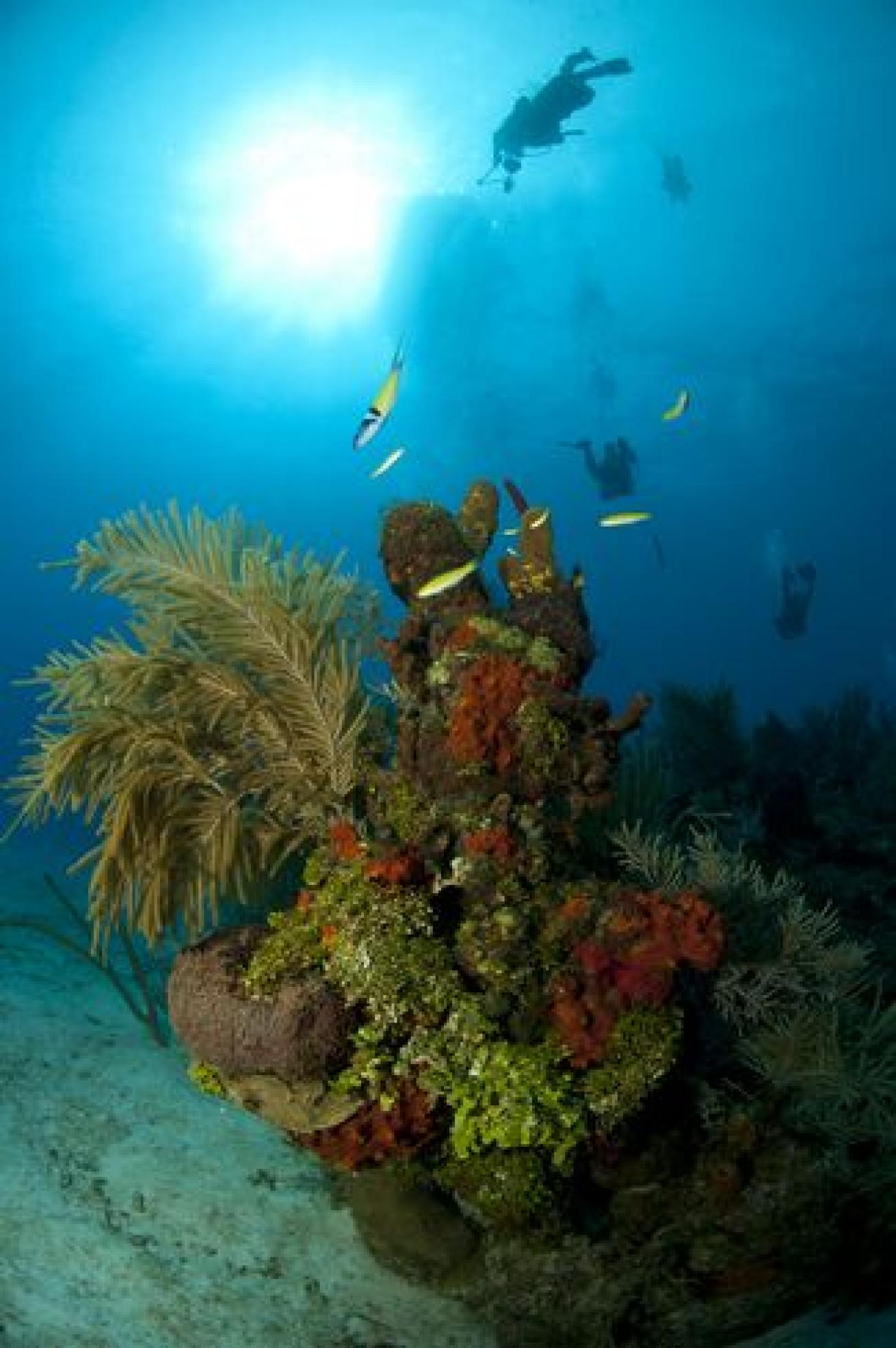
Ty SawyerSelf-Rescue
It's something every scuba diver should learn — self-rescue. At depth, you shouldn’t count on your dive buddy to be arms’ length away when you find yourself in a jam. Learning how to rely on yourself first and your buddy second is going to radically improve your chances for avoiding panic — and maybe even survival.
1. Never Stop Training
For sharpening rusty diving skills, and for acquiring new ones, there’s no substitute for continuing education. Probably the best way to develop self-rescue skills is to learn how to prevent and manage problems that can occur underwater, and you can accomplish this by taking a PADI Rescue Diver course. In addition to learning to recognize stress in other divers and rescuing panicking divers, the course also teaches self-rescue. Nothing will boost your confidence and hone your diving skills more than this course; plus, being able to rehearse emergencies helps you to role-play, and therefore become familiar with, the kind of action that would need to be taken in the case of a dive emergency.
Related Reading: The Path to PADI Pro
2. Never Pass Up a Chance to Practice
Performing self-rescue skills on a regular basis improves technique, which can turn a potentially high-stress emergency into a manageable situation. As long as conditions are ideal and you’ve told your dive buddy that you’d like to practice some skills, why not rehearse some of them before exiting the water? At your safety stop, replace and clear your mask or switch to your alternate air source. On the surface, practice deploying a safety sausage or taking off and putting on your kit. At the swim step, imagine yourself in trouble and ditch your weights — put them on the swim step instead of dropping them. Sure, unbuckling a weight belt or pulling weight releases may not seem like a skill you’d need to rehearse, but dive-accident data indicates many diver deaths could have been prevented if the diver had only ditched his or her weights. By practicing these skills at the end of the dive, you waste no dive time, and with little or no water over your head, the risk is minimal.
3. Gear Up For Self-Rescue
Equipment alone will not make you competent at self-rescue, but having the right gear sure helps. First on the list is an alternate air source. An octopus is standard equipment today, but since a total second stage meltdown is incredibly rare, carrying an octo is really for the benefit of your buddy. For yourself, you’ll want a redundant air supply, ranging from a Spare Air-type unit to a fully rigged pony bottle. Also important are cutting tools for dealing with entanglements. Some divers carry a knife mounted where it can be grabbed with either hand and deployed using only one-hand, along with a pair of cutting shears to maximize cutting options. Having a pocket light of some sort is good too, and of course, a signal tube and an audible signaling device for surface work are must-have items.
4. Maintain a Self-Rescue Mindset
In a crisis, the real enemy is often not the immediate threat, but rather your reaction to it. Panic knows only two responses: fight and flight, both of which can be deadly underwater. When trouble strikes, following the mantra “Stop-Breathe-Think-Act” can help control panic. For example, if you’re suddenly caught in kelp, the first task is not to try to get loose, but to overcome that sudden rush of adrenaline and anxiety. Of course, there are emergencies when you have to act fast, and that’s where it pays to have practiced your skills (buddy breathing, out-of-air ascents, etc.) But keeping a cool head in a hot situation is always job one.
Related Reading: Finding Purpose as a Search and Recovery Diver
5. Be Physically Fit
This can’t be overstated. Diving is a physically demanding sport, both on the surface when muscling 50-plus pounds of gear on your back, and in the water kicking against currents and scaling boat ladders. If you’re out of shape, during the course of a typical dive your muscles will tire, you will easily get winded, and your heart rate will escalate — and this is when everything is peachy. The more physically fit you are, the more comfortable you are, the more relaxed you are, and the more fun you’re going to have. Swimming, jogging, power walking and shedding those extra pounds will make you a better diver — and one day may just save your life.
Get more scuba training tips on the Dive Training section of our website.



